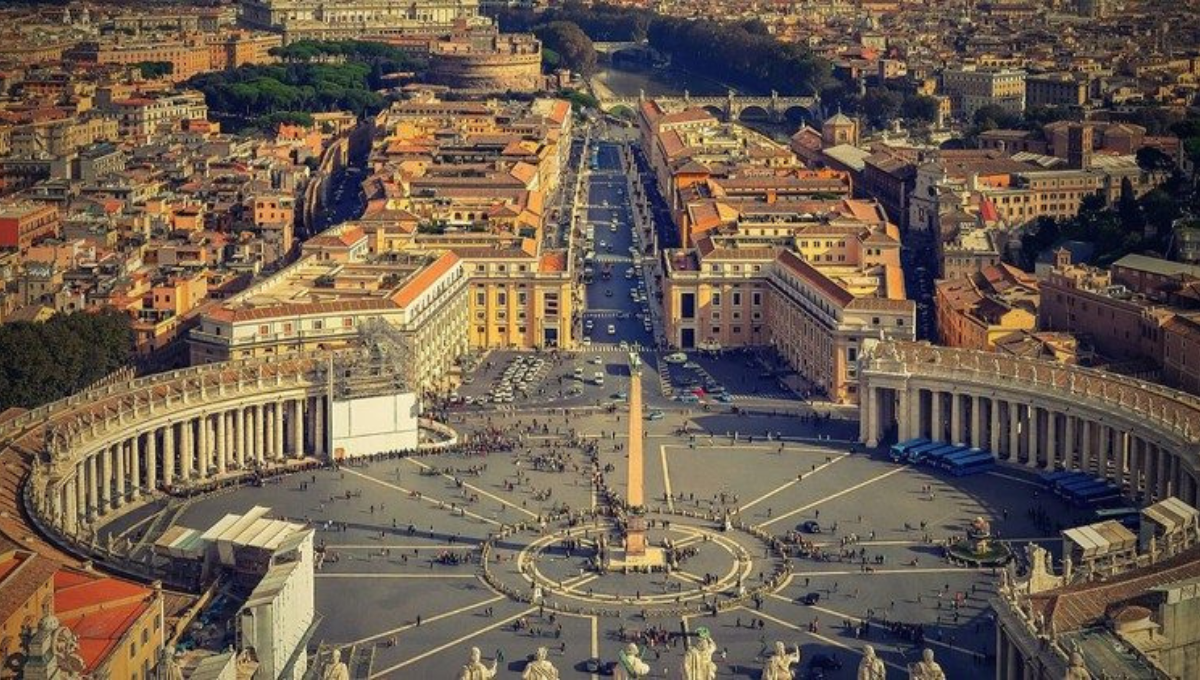In a dramatic turn for Vatican finance, Libero Milone, the former Auditor General of the Holy See, has publicly alleged that International Bank Account Numbers (IBANs) were manipulated to enable large-scale money laundering within Vatican institutions. This revelation, coming amid years of scrutiny and periodic reforms, has reignited debates about the transparency and integrity of one of the world’s most secretive financial systems.
The Allegations
Libero Milone, who served as Auditor General until his controversial resignation in 2017, claims to possess evidence of structural manipulation of IBANs—unique bank account identifiers used globally for electronic funds transfers—designed to obscure the movement of funds and facilitate illicit financial flows across borders. According to Milone, these practices were systemic and involved altering account information, making it difficult to trace funds and detect suspicious transactions at the Vatican’s central financial institutions.
Milone has reportedly submitted documents and statements to authorities detailing the change of IBANs to bypass anti-money laundering (AML) checks, creating major vulnerabilities within the Vatican’s financial ecosystem.
Background: Vatican Financial Reforms and Persistent Scandal
The Vatican’s financial institutions, primarily the Institute for Works of Religion (IOR, commonly known as the Vatican Bank), have faced repeated accusations of money laundering, embezzlement, and financial crime for decades. Major scandals, such as the 1980s Banco Ambrosiano affair and successive waves of investigations by Italian magistrates, set a historical context for Milone’s claims.
Pope Francis and, recently, his successor, have spent years pushing for reforms, creating new supervisory bodies such as the Supervisory and Financial Information Authority (ASIF), previously known as the Financial Information Authority (AIF). These institutions were tasked with enforcing stricter oversight in response to international pressure, including key recommendations from the Financial Action Task Force (FATF) and MONEYVAL, the Council of Europe’s anti-money laundering watchdog.
Specifics of the Auditor’s Claims
Milone asserts that senior officials not only blocked his investigations but actively manipulated account structures:
- IBAN Manipulation: Milone claims that Vatican officials changed IBANs to interfere with audit trails, impeding both internal and external regulators from tracking illicit money flows.
- Resistance to Oversight: He described significant resistance from top management and cardinals, including allegations that his resignation was forcibly extorted under threat of arrest, suggesting a culture averse to transparency.
- Evidence Presented: The former auditor said he turned over supporting documentation to judicial authorities—although the precise nature of these documents remains undisclosed to the public.
Institutional Response
The Vatican has not yet issued a detailed public response to Milone’s most recent claims. However, the institution has a pattern of defending its financial practices, pointing toward substantial progress in closing thousands of suspicious accounts, freezing assets, and improving compliance with international standards in recent years. In 2024, Vatican authorities reported a significant drop in suspicious activity reports, attributing this not to lax oversight, but to more refined monitoring procedures.
Nevertheless, international experts and oversight bodies continue to urge the Vatican to show “real results” through prosecutions and convictions, not just regulatory upgrades and policy statements.
Recent Progress and Ongoing Challenges
Reforms
In a 2024 MONEYVAL follow-up, the Vatican was praised for improvements in compliance regarding correspondent banking, wire transfers, and transparency of legal entities. Out of 39 applicable FATF recommendations, 35 were deemed fully or largely compliant—up from earlier evaluations that highlighted major deficiencies.
Remaining Criticisms
Despite this progress, some international agencies and watchdogs, including the U.S. State Department, have maintained the Vatican on lists of jurisdictions “of concern” in relation to money laundering as recently as 2025. Critics argue that while regulatory structures have improved, implementation and consistent enforcement remain uneven.
High-Level Commentary and Reaction
- Papal Response: Pope Francis has previously admitted to corruption within Vatican finances, calling the situation a “scandal,” but has emphasized ongoing internal investigations and reforms.
- Legal and Anti-Money Laundering (AML) Authorities: International agencies stress the need for actual prosecutions and asset confiscations, not just internal audits or institutional statements.
- Institutional Leadership: Vatican leadership, including the ASIF, responded to previous scandals by reiterating their commitment to international cooperation, transparency, and the ethical use of charitable funds.
Historical and Cultural Context
The Vatican’s finances, grounded in centuries-old secretive practices, have struggled to modernize in line with global banking standards. Major cleanup efforts have included examining all accounts for AML compliance, shutting down thousands of suspicious or dormant accounts, and restructuring the oversight process. However, recurring waves of scandal have highlighted the difficulty of enforcing transparency in a unique, sovereign institution whose financial operations are intertwined with charitable, religious, and diplomatic activities.
What Happens Next?
As of July 31, 2025, no Vatican officials have been formally charged or prosecuted in connection with Milone’s specific IBAN allegations. Judicial authorities in Vatican City and international observers are reportedly reviewing the evidence submitted by Milone. The global Catholic community and financial regulators alike are watching closely for evidence of a decisive shift from internal reforms to visible legal action against financial crime.
Conclusion
The allegations made by Libero Milone are a stark reminder of the Vatican’s ongoing battle with financial integrity and the challenges unique to its institutions. While recent years have seen progress towards transparency and accountability, the claims that fundamental aspects of its financial system were manipulated to enable money laundering renew calls for deeper external oversight and genuine accountability. Until verifiable prosecutions are seen, questions about the safety and sanctity of Vatican finances will likely persist


